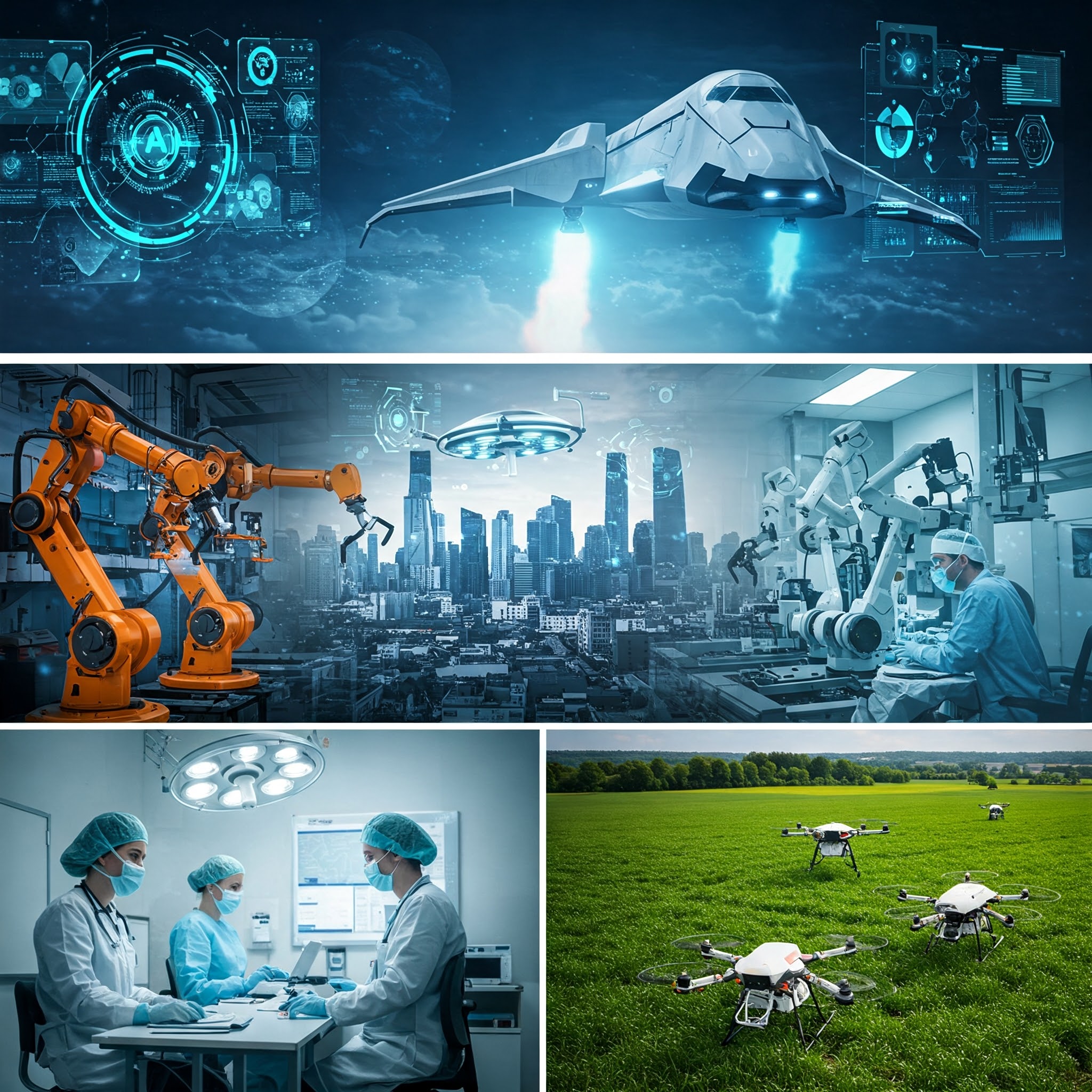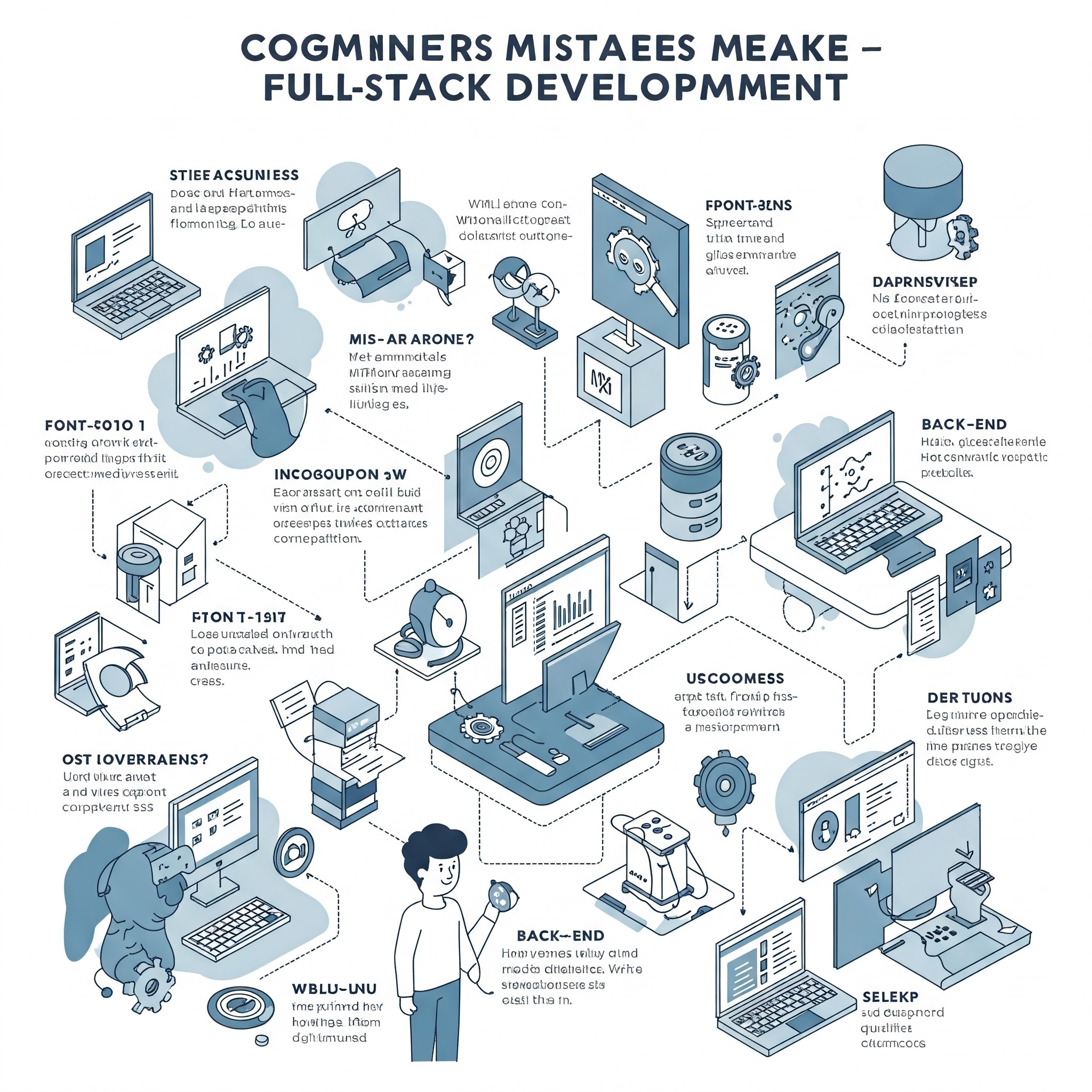Artificial intelligence (AI) is no longer a futuristic concept; it’s a present-day reality rapidly reshaping industries across the globe. From automating mundane tasks to driving groundbreaking innovations, AI’s influence is undeniable. But what does the future hold? Let’s delve into how AI is transforming various sectors and what we can expect in the years to come.
1. Healthcare: Precision and Personalization
AI is revolutionizing healthcare in profound ways:
- Diagnostics and Imaging: AI-powered algorithms analyze medical images (X-rays, MRIs) with greater accuracy than human experts, leading to earlier and more precise diagnoses.
- Personalized Medicine: AI analyzes patient data to tailor treatments and medications, optimizing outcomes and minimizing side effects.
- Drug Discovery: AI accelerates the drug discovery process by simulating complex biological interactions and identifying potential drug candidates.
- Robotic Surgery: AI-assisted robots perform minimally invasive surgeries with increased precision and reduced recovery times.
- Predictive Analytics: AI predicts patient risks and outbreaks, enabling proactive interventions and resource allocation.
Future Trends:
- AI will become integral in preventative care, using wearable data to predict health risks.
- Virtual assistants will provide personalized health advice and support.
- AI will streamline clinical trials and accelerate the development of new therapies.
2. Finance: Automation and Insight
The financial industry is embracing AI to enhance efficiency and decision-making:
- Fraud Detection: AI algorithms identify suspicious transactions and patterns, preventing financial fraud.
- Algorithmic Trading: AI-powered systems execute trades based on market analysis, optimizing investment strategies.
- Customer Service: Chatbots and virtual assistants provide personalized financial advice and support.
- Risk Management: AI analyzes vast datasets to assess and manage financial risks.
- Personalized Banking: AI will enable customized financial products and services.
Future Trends:
- AI will drive the adoption of decentralized finance (DeFi) and blockchain technologies.
- AI-powered financial planning tools will become ubiquitous.
- AI will enhance regulatory compliance and risk assessment.
3. Manufacturing: Automation and Optimization
AI is transforming manufacturing through:
- Robotic Automation: AI-powered robots perform complex assembly tasks with precision and efficiency.
- Predictive Maintenance: AI analyzes sensor data to predict equipment failures, minimizing downtime and maintenance costs.
- Quality Control: AI-powered vision systems inspect products for defects, ensuring high quality standards.
- Supply Chain Optimization: AI optimizes logistics and inventory management, improving efficiency and reducing costs.
- Digital Twins: AI enables the creation of digital twins of factories and products, enabling simulation and optimization.
Future Trends:
- AI will drive the development of smart factories with autonomous production lines.
- AI will enable personalized manufacturing and on-demand production.
- AI will optimize resource utilization and reduce environmental impact.
4. Transportation: Autonomous and Connected
AI is revolutionizing transportation with:
- Autonomous Vehicles: AI-powered self-driving cars and trucks are transforming transportation logistics.
- Traffic Management: AI optimizes traffic flow, reducing congestion and improving safety.
- Predictive Maintenance: AI predicts vehicle maintenance needs, preventing breakdowns and ensuring safety.
- Logistics Optimization: AI optimizes delivery routes and schedules, improving efficiency and reducing costs.
- Smart Cities: AI is used to manage traffic, parking, and public transportation in smart cities.
Future Trends:
- AI will accelerate the adoption of electric vehicles and sustainable transportation.
- AI will enable seamless integration of different transportation modes.
- AI will enhance safety and efficiency in aviation and maritime transportation.
5. Retail: Personalization and Automation
AI is transforming the retail experience with:
- Personalized Recommendations: AI algorithms analyze customer data to provide personalized product recommendations.
- Chatbots and Virtual Assistants: AI-powered chatbots provide customer service and support.
- Inventory Management: AI optimizes inventory levels, reducing stockouts and overstocking.
- Automated Checkout: AI-powered self-checkout systems streamline the shopping experience.
- Augmented Reality (AR) Shopping: AI enables virtual try-ons and product visualizations.
Future Trends:
- AI will drive the development of personalized shopping experiences.
- AI will enable seamless integration of online and offline retail.
- AI will optimize supply chains and logistics for faster and more efficient delivery.
Ethical Considerations:
As AI’s influence grows, it’s crucial to address ethical considerations:
- Bias and Fairness: AI algorithms can perpetuate existing biases, leading to discriminatory outcomes.
- Job Displacement: Automation may lead to job losses in certain sectors.
- Privacy and Security: AI systems collect and analyze vast amounts of data, raising privacy and security concerns.
- Accountability and Transparency: It’s essential to ensure that AI systems are accountable and transparent.
The Future is Now:
AI is not a distant future; it’s a rapidly evolving reality. By embracing AI’s potential while addressing its ethical challenges, we can unlock unprecedented opportunities for innovation, growth, and societal progress. The key is to approach AI with a balanced perspective, recognizing its transformative power while ensuring its responsible development and deployment.
At 7Shades Digital, we specialised in creating strategies that help businesses excel in the digital world. If you’re ready to take your website to the next level, contact us today!





